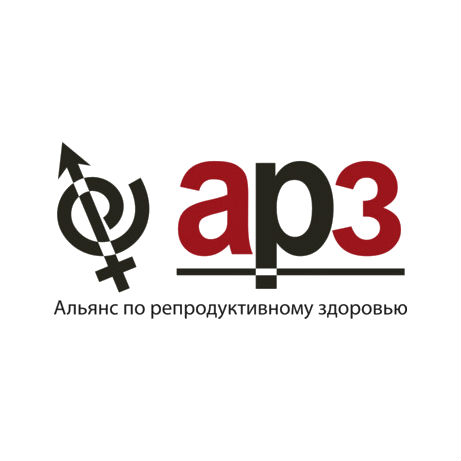

| 31 March 2016
Reproductive Health Alliance of Kyrgyzstan
The Reproductive Health Alliance Kyrgyzstan (RHAK) was set up in 2001, and its services now extend across all 7 regions of the Kyrgyz Republic (Osh, Jalal-Abad, Talas, Chui, Naryn, Batken, Issyk-Kul). From its inception, RHAK has enjoyed strong youth support and input into its organization, policy-making and delivery. As a result, its youth work is a distinctive strength. RHAK has developed information materials for adolescents which cover critical sexual and reproductive health (SRH) issues such as contraception and the prevention and treatment of sexually transmitted infections (STIs, including HIV and AIDS). A significant contingent of national and international trainers have been involved in training health professionals and volunteers who’ve subsequently trained groups of all sorts in SRH. Particular interest groups include refugees and internal migrants, injecting drug users (IDUs), sex workers, children in care and homeless children. RHAK is an active member of collaborative, central Asian initiatives to address the particular SRH needs and challenges of internally displaced persons (IDPs) and repatriates. This work has included the publication and circulation of a substantial range of written materials, and the creation of 3 clinics located expressly to serve migrant communities. Contacts Website: http://www.rhak.kg/english/index.php Facebook: https://www.facebook.com/rhakkg

| 31 March 2016
Family Planning Association of Nepal
Established in 1959. the Family Planning Association of Nepal (FPAN) is Nepal's first national family planning service delivery and advocacy organization. It is a major collaborator of the Government of Nepal's national sexual and reproductive health (SRH) program, contributing a greater percentage of all SRH services in Nepal annually. FPAN serves Nepalese people in 44 districts, focusing on the poor, marginalized, socially excluded and underserved (PMSEU) populations, which include female sex workers, people living with HIV (PLHIV), LGBTIQ people, injecting drug users, men who have sex with men (MSM), migrant workers, people with disabilities (PWD), survivors of gender-based violence (GBV), urban slum dweller and people affected by disaster and crisis. The mission of FPAN is to "champion a volunteer movement for increased provision of SRHR to all, particularly to those most at risk, marginalized, and under-served". The planned outcomes set by FPAN for the strategic planning period (2016-2022) include: Nepal Government respects, protects and fulfil sexual and reproductive rights and gender equality; Nepalese people empowered to act freely on their sexual and reproductive health and rights; a high quality integrated sexual and reproductive health services delivered; and a high performing, accountable and strong FPAN. The success of FPAN is due to its extensive and diverse network of service delivery points, as well as its expertly trained staff and volunteers who provide services in areas where they would otherwise be unavailable. FPAN provides an Integrated Package of Essential Services (IPES), which includes sexuality counselling, contraception, including emergency contraception, safe abortion, STIS/RTIs, HIV & AIDS, obstetrics, gynecological and sexual & gender-based violence services. These services are provided across 974 service delivery points (including 270 clinical SDPs, 22 family health clinics, 56 community health clinics, 75 associate clinics, 117 mobile teams, and 794 non-clinical service delivery points). FPAN provides approximately four million SRH services each year across its service delivery points, with family planning accounting for 40%, STIs/RTIs for 14%, gynaecological services for 12%, HIV services for 10%, and other services accounting for the remaining 24%. FPAN has eight clinical training centres that are connected to its family health clinics, which provide full range of family planning and reproductive health services. The training centres are accredited by the National Health Training Centre, (MoHP). These centres provide a variety of family planning and sexual and reproductive health training to health care providers from FPAN, government, and non-governmental organizations (NGO) health facilities.







